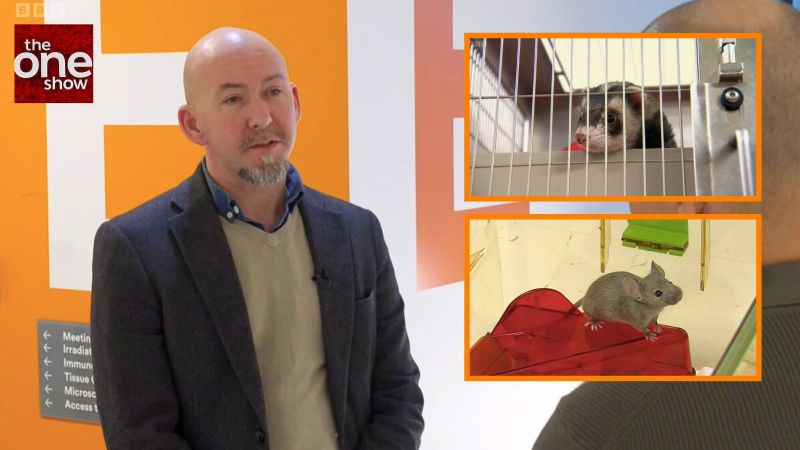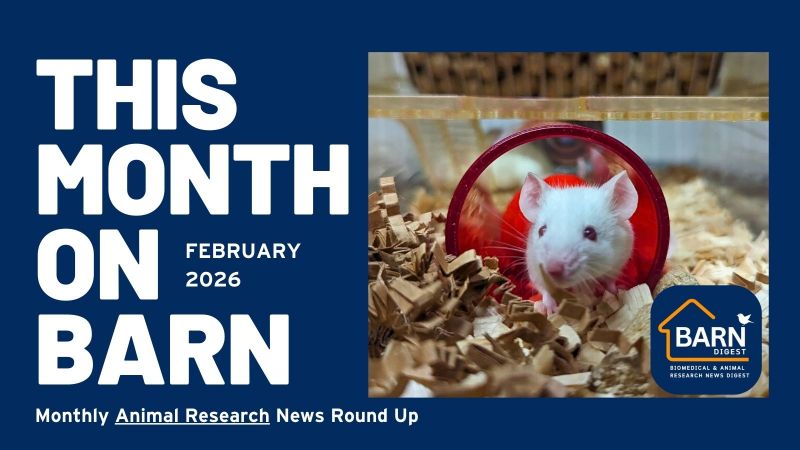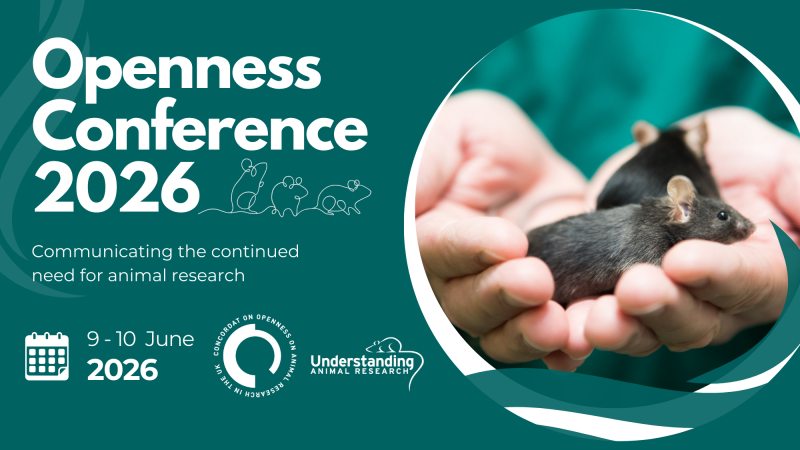
31/08/15
Paralysis: Primates recover better than rodents, offer more accurate human model
Monkeys and humans exhibit greater motor recovery than rats after similar spinal cord injury, according to a new study.
Spontaneous improvement occurs during the first six months after a spinal cord injury and researchers are using this observation to improve clinical trials and patient therapies. However, the neuronal mechanisms underlying this extensive recovery in primates are nearly absent in laboratory rats.
http://medicalxpress.com/news/2015-08-paralysis-primates-recover-rodents-accurate.html
01/09/15
Today it was announced that a Meningitis B vaccination will be available to all newborn babies across the UK. The vaccine was originally developed in mice, which you can read about on the Understanding Animal Research website : https://www.understandinganimalresearch.org.uk/news/meningitis-b-vaccine-one-step-closer
News article: http://www.bbc.co.uk/news/health-34084999
02/09/15
The toxin in the sting of a Brazilian wasp, polybia paulista, appears to kill cancer cells without harming normal cells according to studies in mice. The MP1 toxin is used by the wasp to paralyze its prey, but studies say it could be used to target and destroy cancer cells by targeting the fat molecules found on the outside of cancerous cells.
Dr Aine McCarthy, Cancer Research UK, said:
"This early stage research increases our understanding of how the venom of the Brazilian wasp can kill cancer cells in the laboratory. But while these findings are exciting, much more work is needed in the lab and in clinical trials before we will know if drugs based on this research could benefit cancer patients."
http://www.bbc.co.uk/news/health-34115112
Original Paper: http://www.cell.com/biop…/abstract/S0006-3495%2815%2900768-7
Scientists at the University of Liverpool are studying the immune system of wild forest rodents to understand environmental triggers for conditions such as asthma and allergies. They trap, chip and take samples from the animals in order to understand the genes which may contribute to environmental immunity.
Watch the Video in the link below:
Prof Steve Paterson, from Liverpool’s Institute of Integrative Biology, said:
“But the trouble with a lab mouse is that they live in a really cushy environment, it’s nice warm environment with as much food as they can eat. So they’re not exposed to the wild, natural environment, and so the field voles we find in the grass are exposed to those kind of stresses”.
http://www.bbc.co.uk/news/science-environment-33967988
03/09/15
The deadly facial tumour disease that has killed large numbers of Tasmanian devils is evolving to increase infection rates but is unlikely to eradicate the species completely, according to new research.
A study of devils in north-western Tasmania by Australian and British scientists found that the facial tumour disease has been evolving to allow the devils to live for longer, thereby increasing the spread of the infection.
Dr Rodrigo Hamede, of the University of Tasmania’s school of biological sciences states “The tumour is subject to changes – for its own benefit rather than the devil’s benefit,”
04/09/15
Aspirin might boost cancer therapy.
Study in mice shows aspirin may be able to boost the effectiveness of cancer medicines that bolster the immune system. Immunotherapy – one of the most promising fields in cancer research - lets the body’s own defences fight cancer. Aspirin may prevent tumours from hiding from the immune system, boosting the effect of the treatment.
http://www.bbc.co.uk/news/health-34140993
Last edited: 5 April 2022 14:19



